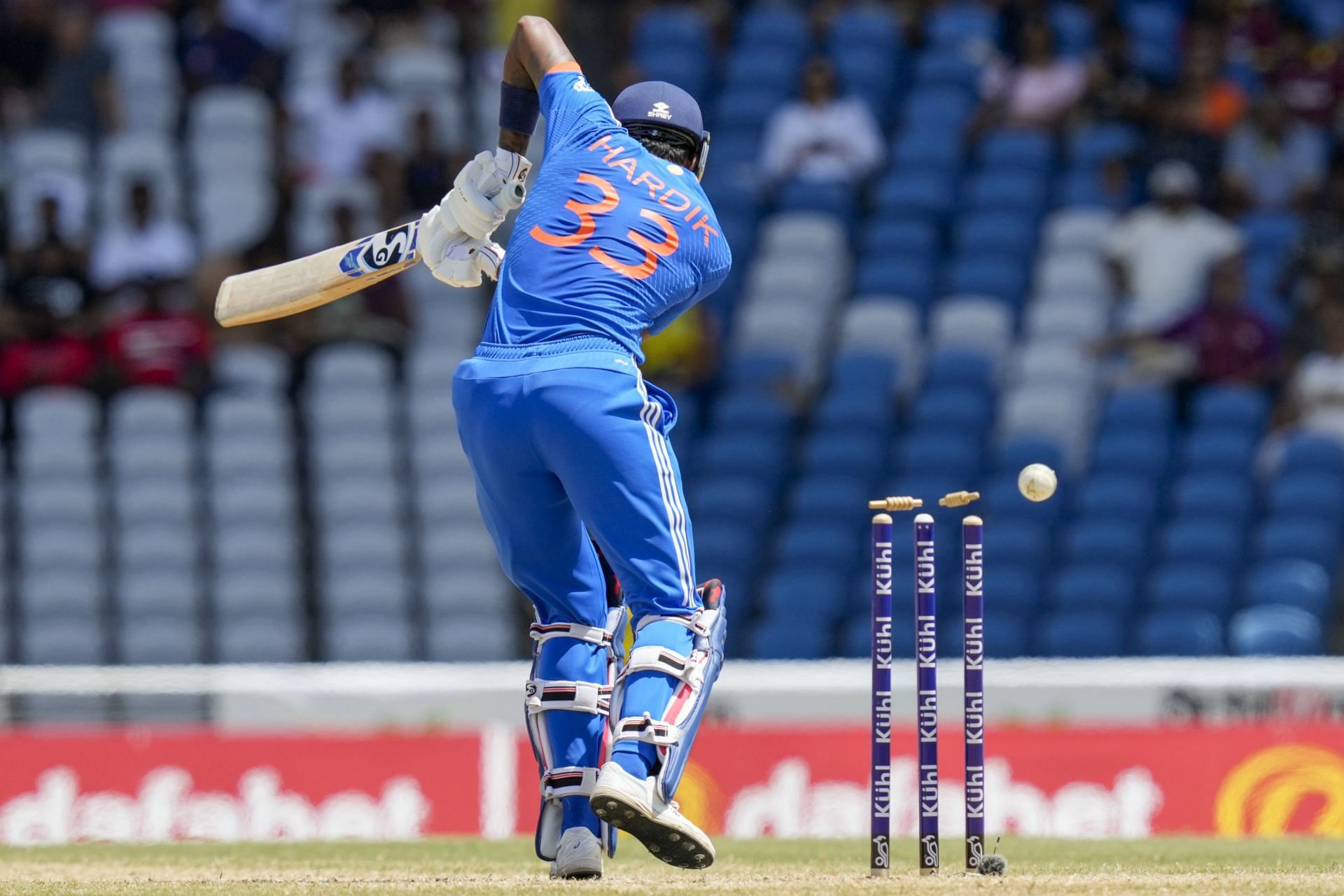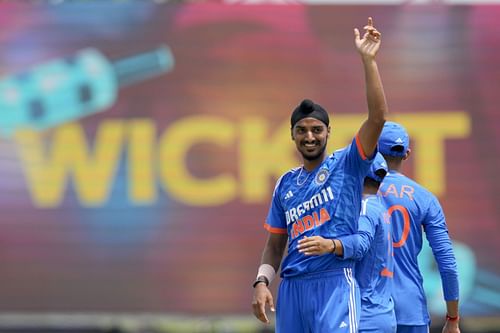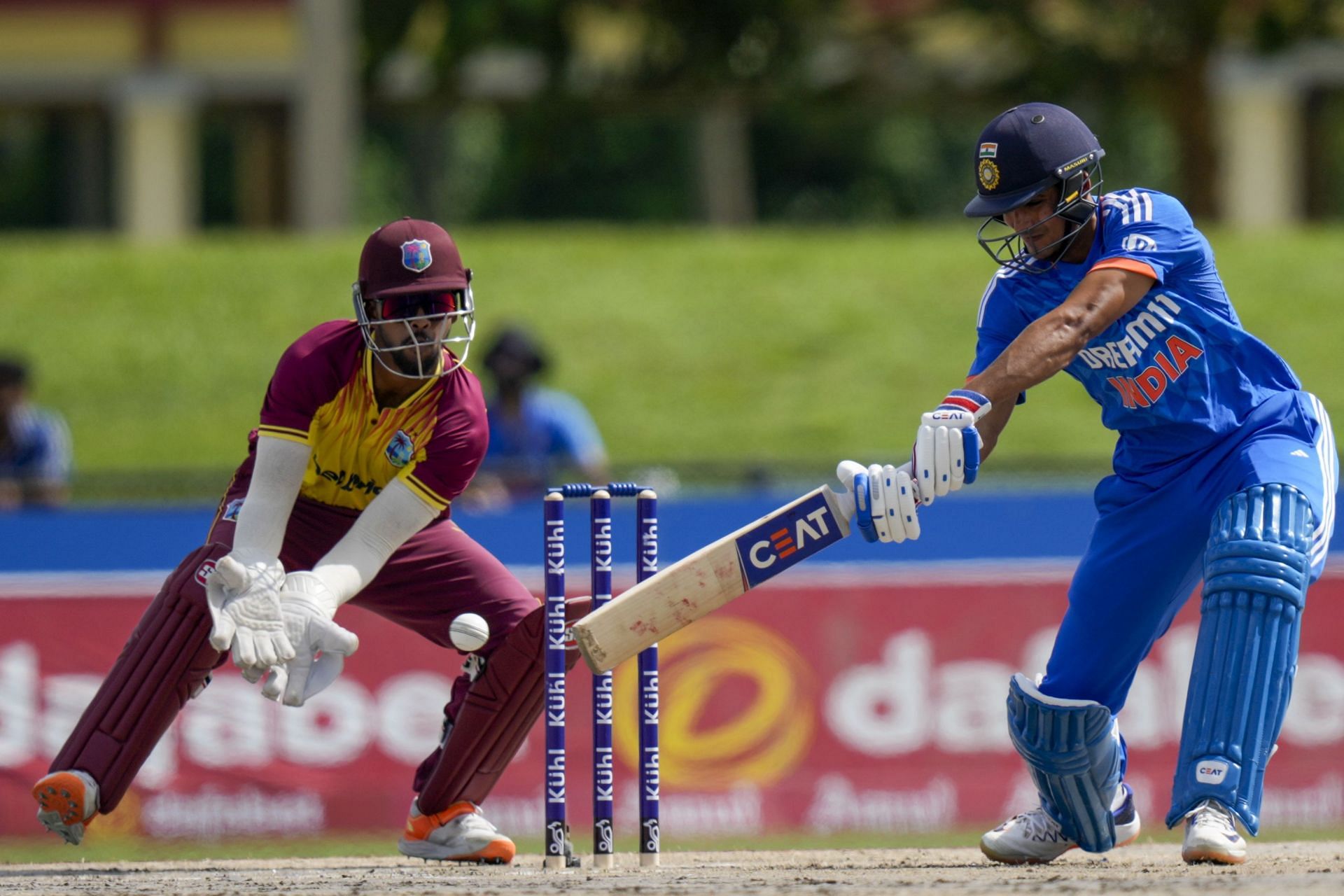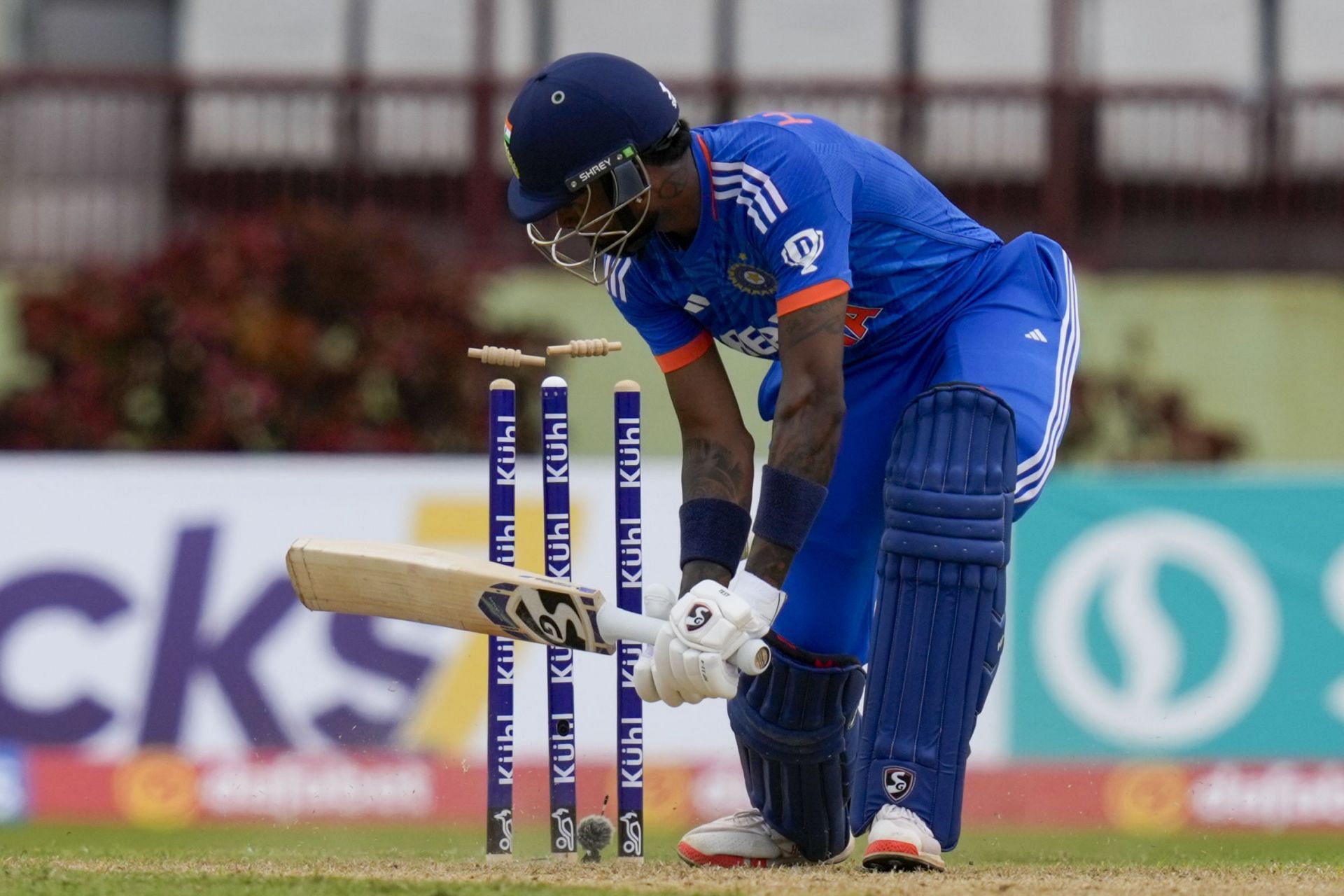
3 major reasons why Team India lost the 5-match T20I series against West Indies
Team India crumbled in Florida as West Indies clinched the fifth and final T20I by a whopping eight-wicket margin on Sunday. With the win, the Windies sealed the series, which was deadlocked at 2-2 heading into the decider.
After the loss, Indian skipper Hardik Pandya claimed that losing is good sometimes. While that may be the case, he and his team made a series of questionable decisions to suffer their first bilateral series loss to the Windies in 17 years.
With the 2024 T20 World Cup only a few T20I assignments away, the Men in Blue need to start getting their act together and trust the right players. They've often failed to hold their nerve in crunch situations, a pattern that repeated itself over and over against West Indies.
Here are three major reasons why Team India lost the five-match T20I series against West Indies.
#3 India's relatively inexperienced pace attack didn't step up

Without Jasprit Bumrah, Mohammad Shami, and Mohammed Siraj, India were always going to have problems in the fast-bowling department. Fielding an inexperienced pace attack comprising Arshdeep Singh and Mukesh Kumar apart from Hardik Pandya, the Men in Blue struggled.
Arshdeep picked up seven wickets in the five T20Is, but his economy rate was an unimpressive 9.17. Mukesh contributed just three scalps despite playing all the matches, with his economy rate reading 8.80. Hardik, meanwhile, managed four wickets at 8.4.
More importantly, none of these bowlers had clearly defined roles and were used at various stages of the innings. None of them posed a significant threat in the powerplay while also losing their radar during the death, barring Mukesh in a few matches.
#2 The openers failed to deliver in four out of the five T20Is

The fourth T20I, in which Shubman Gill and Yashasvi Jaiswal put on a 165-run opening partnership, was an outlier. Barring that game, which India won by nine wickets, the openers failed to deliver.
Gill, who played the entirety of the series, had four single-digit scores in the five-match rubber. Jaiswal had two in three innings, while Ishan Kishan, who played the first two contests, had scores of 6 and 27.
Without any stability at the top of the order, the Men in Blue relied heavily on the middle order to come up with the goods. Although Suryakumar Yadav and Tilak Varma did their best, Hardik Pandya, Sanju Samson, and Axar Patel couldn't contribute much with the willow.
#1 Hardik Pandya's batting and captaincy were all over the place

India suffered their first T20I series defeat under Hardik Pandya's leadership in the Caribbean and the USA. The skipper himself must shoulder much of the blame for the same.
Hardik's bowling changes were all over the place right through the series. Axar Patel was used without any real planning, while Mukesh Kumar graduated as a specialist death bowler for an unknown reason. Arshdeep Singh rarely bowled his full quota of overs.
Hardik brought himself into the attack on a whim several times. Playing ahead of the more capable Ravi Bishnoi, Yuzvendra Chahal was used in the powerplay, where he has never been effective. Meanwhile, Umran Malik and Avesh Khan warmed the bench throughout the five-match series.
Hardik's performances with the bat, even excluding his horror effort in the decider, were sub-par. He managed 77 runs in four innings at an average of 25.66 and a strike rate of 110, showcasing an inability to clear the boundary and finish innings off.